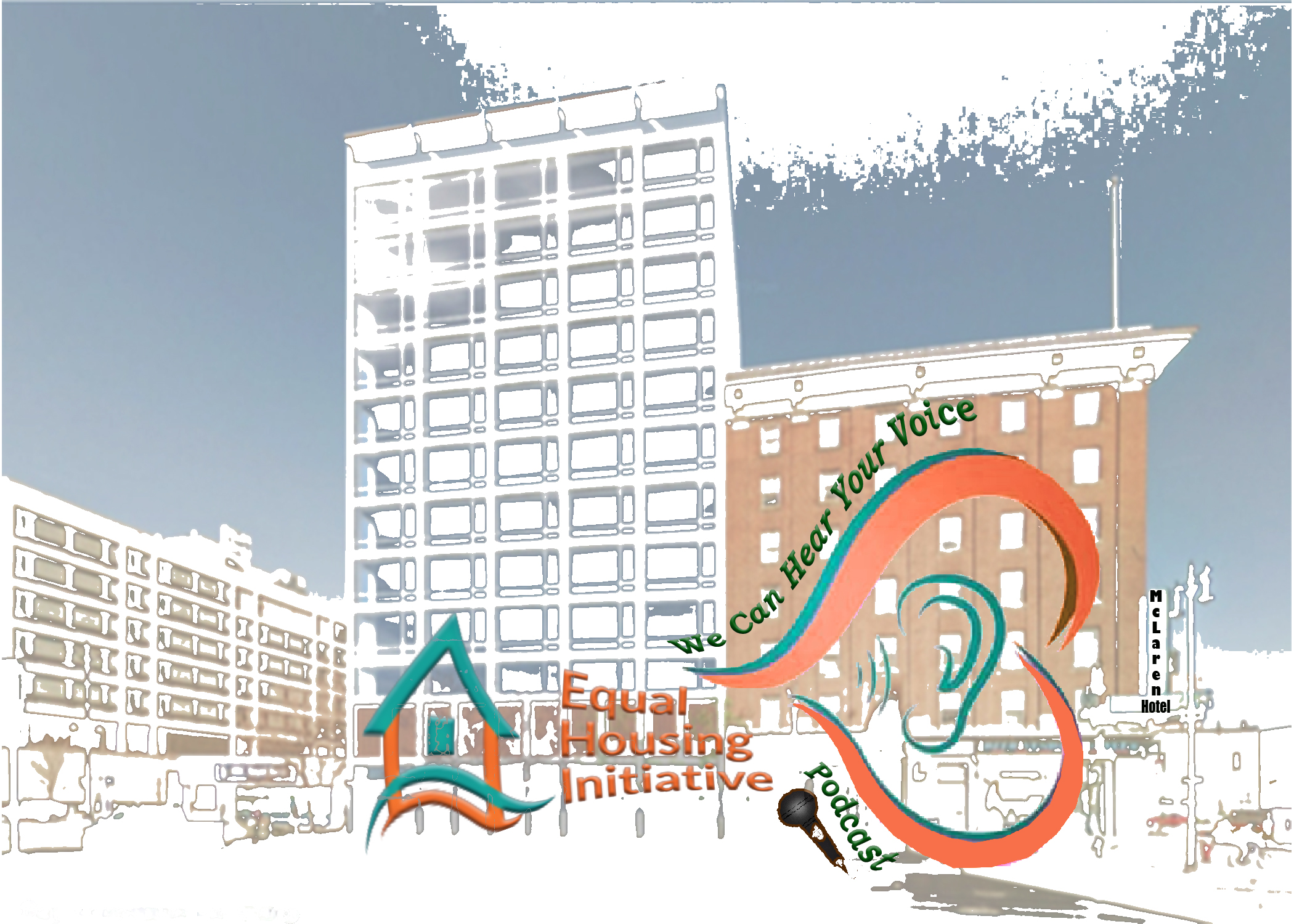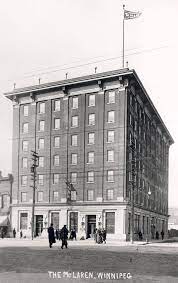Introduction – A Question of Housing Guided by article 25 (1) of the Universal Declaration of Human Rights
The Equal Housing Initiative (EHI) believes Housing is a basic human right that everyone is entitled to, without discrimination.
This right is important in ensuring affordable and accessible housing stock and most importantly, a housing environment that facilitates participation in community life and promotes physical, emotional and spiritual health. (1)
In practice, however, the most marginalized of our society - those in absolute homelessness, poverty, living with mental illness/chronic addictions and other health issues, face numerous barriers in accessing this most basic human right.
Although steps have been taken towards the provision of housing — including efforts to accommodate disadvantaged individuals in housing policies — the most vulnerable continue to face significant challenges and barriers that limit the exercising of their human right to appropriate equitable and equal housing.
This raises questions relating to how equity and equality for all is accommodated in the provision of housing.
It raises questions relating to the detrimental impact that inappropriate housing has on individuals, not just in terms of forcing them to move into substandard or institutional housing, but in terms of their other human rights.
For example, insecure and inappropriate housing can have serious detrimental impact on an individual’s right to health, particularly mental health. (2)
- Equality -
“Ensuring that every individual has an equal opportunity to make the most of their lives and talents.”
Equality means ensuring that everyone has the same opportunities and receives the same treatment and supports.
- Equity -
“Giving more to those who need it”
Equity is about giving people what they need through inclusion in decision making about their lives in order to make things fair with freedom to choose.
(1) Quinn & Degener, 2002, p. 22.
(2) Battams & Baum, 2010, p. 1026.



